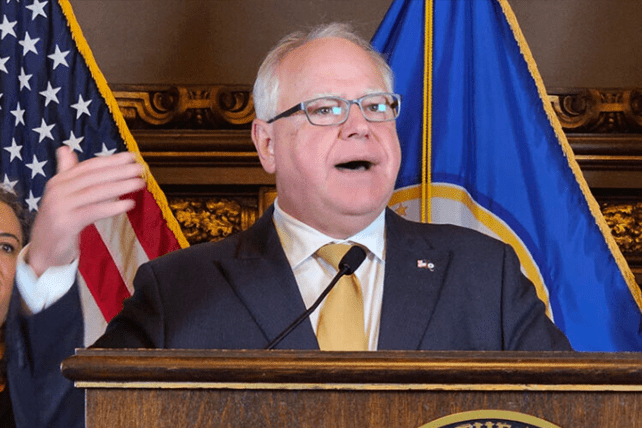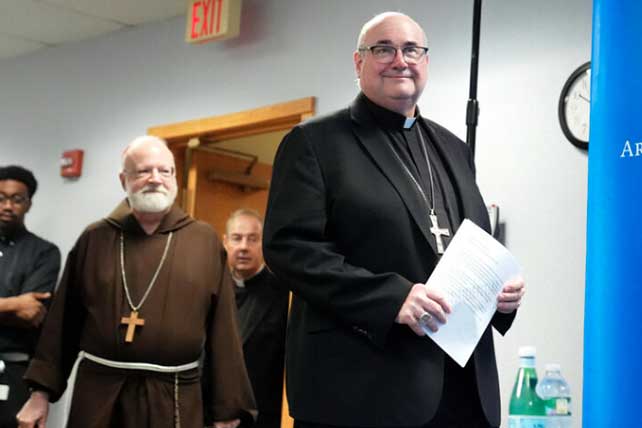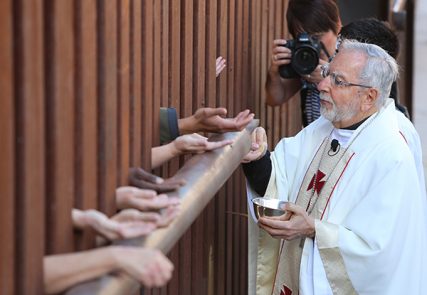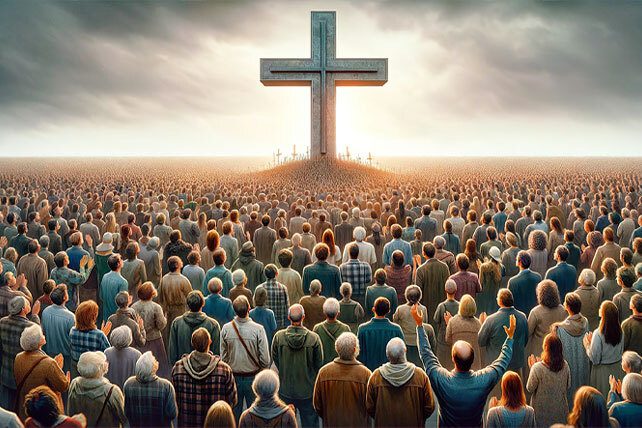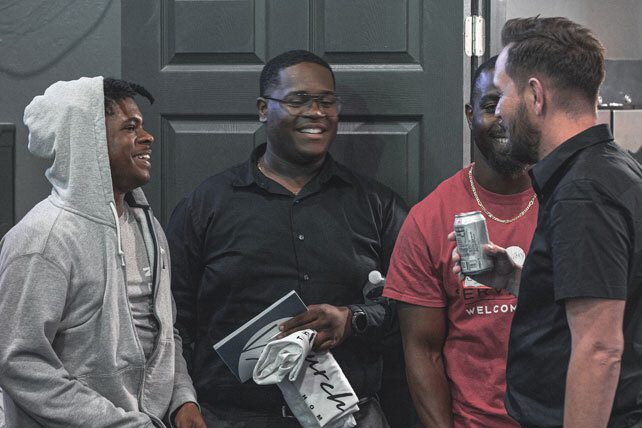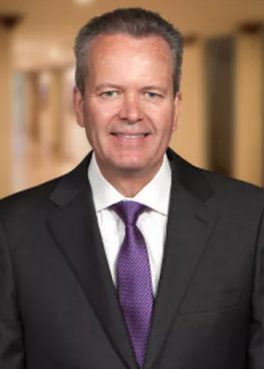(RNS) — Frenzied speculation over who Democratic presidential nominee Kamala Harris would tap as her vice presidential running mate came to an end Tuesday (August 6), with the current vice president reportedly choosing Minnesota Gov. Tim Walz to be her successor should they win in November.
Walz’s profile has risen in the weeks since President Joe Biden announced he was bowing out of the presidential race. The midwesterner has appeared regularly on national television programs to make the case for Democrats, coining the now widely adopted “MAGA is weird” line of attack, and winning fans as he advocates for liberal policies with the same folksy charm that’s made him popular in his home state.
Some are calling his persona “Midwestern Dad” energy, but Minnesotans know Walz as something even more specific: a “Minnesota Lutheran” Dad.
Here are five faith facts about Walz:
Walz, like many Minnesotans, is Lutheran
Walz is Lutheran, as is more than 20% of the Minnesota population according to Pew Research Center, making it one of if not the most Lutheran state in the U.S. thanks to a wave of Scandinavian Lutherans who settled in the region in the 19th century.
Walz does not often discuss his personal faith publicly, but has posted about attending worship during Christmas and other services at various Lutheran churches. Walz refers to Pilgrim Lutheran Church in St. Paul — a congregation in the Evangelical Lutheran Church in America, a mainline denomination — as “my parish.”
Walz sometimes describes himself as a “Minnesota Lutheran,” an identity he frames as a sort of midwestern cultural subtype. He has referenced the idea during speeches, such as when he addressed the North America’s Building Trade Unions legislative conference in April.
“Because we’re good Minnesota Lutherans, we have a rule: if you do something good and talk about it, it no longer counts,” Walz said after he was introduced. “So what you have to do is to get someone else to talk about you.”
He made a similar joke while speaking at a conference hosted by the Center for American Progress last year, suggesting that, like Minnesota Lutherans, Democrats don’t talk enough about their accomplishments. When moderator and Washington Post columnist E.J. Dionne asked aloud if that made Democrats political Lutherans, Walz responded, “I don’t know — maybe.”
In 2019, Walz appointed Jodi Harpstead, the former head of Lutheran Social Services of Minnesota and a self-described “Lutheran girl” herself, to run the state’s Department of Health and Human services.
If elected, he would be the second (and maybe first) Lutheran vice president
If elected, Walz would become only the second Lutheran Vice President, depending on how you count it.
There are multiple Lutheran denominations in the U.S., all of which trace their lineage back to Martin Luther, the famed German priest who is credited with ushering in the Protestant Reformation that begat all of Protestantism. Some Lutheran groups are affiliated with American evangelicalism, but the largest denomination — and the one associated with Walz’s own church — is the Evangelical Lutheran Church in America, a mainline denomination on the more liberal end of the spectrum.

